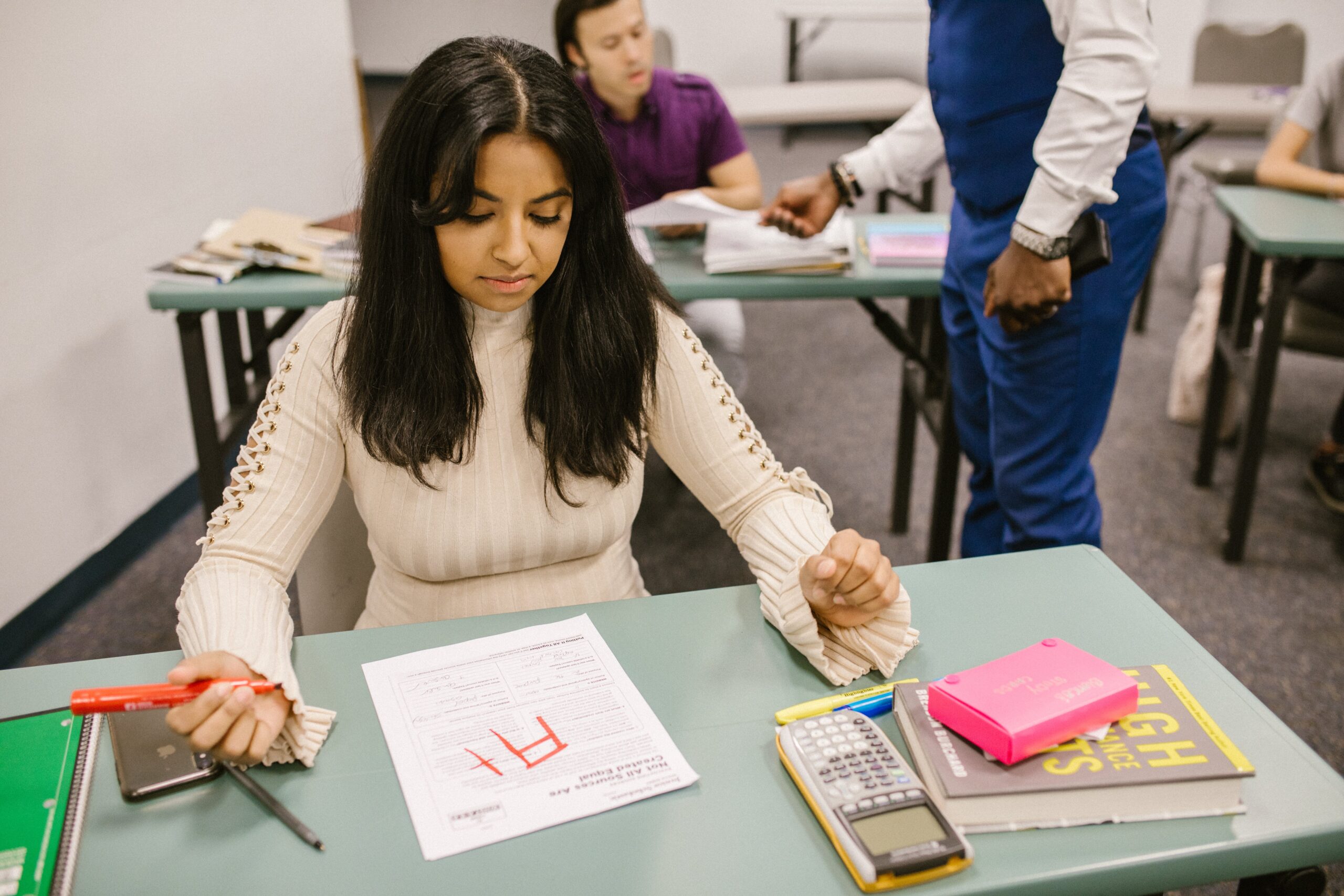The history of education is a rich tapestry woven with the threads of human progress, societal evolution, and the relentless pursuit of knowledge. From ancient civilizations to the digital age, education has been a cornerstone of human development.
This exploration takes you on a comprehensive journey through the annals of time, tracing the evolution of educational practices, philosophies, and institutions that have shaped the minds of generations.
1. The Origins of Education: Ancient Civilizations (4000 BCE – 476 CE)
The roots of formal education can be traced back to ancient civilizations where oral traditions and rudimentary forms of instruction laid the groundwork for organized learning.
In Mesopotamia, the cradle of civilization, the first schools emerged to teach writing and record-keeping. Ancient Egypt also boasted formal education systems focused on imparting knowledge to scribes and the elite. In ancient Greece, education took a philosophical turn with the emergence of prominent thinkers such as Socrates, Plato, and Aristotle.
The Greek city-state of Athens introduced a system that combined physical education, music, and intellectual pursuits, influencing educational philosophies for centuries to come. The Roman Empire inherited and expanded upon Greek educational practices, emphasizing practical skills and civic virtues.
The advent of Christianity further shaped educational institutions, with monasteries became centers of learning during the Middle Ages.
2. The Middle Ages and Renaissance (476 CE – 1600 CE)
The fall of the Roman Empire marked a shift in educational paradigms. During the Middle Ages, education became closely intertwined with religious institutions. Monasteries and cathedral schools preserved classical knowledge, and the trivium and quadrivium – the seven liberal arts – formed the basis of medieval education. The Renaissance marked a revival of interest in classical learning and humanism.
The printing press, invented by Johannes Gutenberg in the 15th century, democratized access to knowledge, catalyzing intellectual transformations. Educational institutions evolved, embracing a broader curriculum that included literature, science, and the arts.
3. The Age of Enlightenment and Modern Education (1600 CE – 1800 CE)
The Age of Enlightenment brought forth a surge of intellectual and philosophical inquiry, challenging traditional authority and advocating for reason and scientific thinking. Thinkers like John Locke and Jean-Jacques Rousseau influenced educational thought, emphasizing the importance of nurturing the individual’s natural abilities.
The 18th century witnessed the establishment of the first modern educational systems. Prussia, under Frederick the Great, introduced compulsory state education, setting a precedent for state involvement in schooling. In the United States, Horace Mann championed public education as a means of fostering social cohesion and individual advancement.
4. The Industrial Revolution and Mass Education (1800 CE – 1900 CE)
The Industrial Revolution brought about profound socio-economic changes, necessitating a shift in educational priorities. Factories required a literate and numerate workforce, leading to the widespread adoption of compulsory education in many Western countries.
Philosophers like John Stuart Mill and utilitarian thinkers advocated for practical education aligned with the needs of industrial society. This era witnessed the rise of the common school movement, aiming to provide free, publicly funded education for all children.
5. Progressive Education and Educational Movements (1900 CE – 1950 CE)
The early 20th century saw the emergence of progressive education movements, challenging traditional methods and emphasizing experiential learning. Educational reformers like John Dewey advocated for student-centered approaches, hands-on learning, and the integration of practical skills.
The aftermath of World War II brought a renewed focus on international education and cooperation. The Universal Declaration of Human Rights (1948) affirmed the right to education, emphasizing its role in promoting understanding, tolerance, and friendship among all nations.
6. The Digital Age and Globalization (1950 CE – Present)
The latter half of the 20th century witnessed unprecedented advancements in technology, ushering in the Digital Age. The advent of computers, the internet, and digital resources transformed the educational landscape. E-learning platforms, online courses, and virtual classrooms emerged, offering new avenues for learning and collaboration.
Globalization further impacted education, fostering cross-cultural exchange and the internationalization of curricula. Students gained access to diverse perspectives, and educational institutions sought to prepare learners for a globalized world.
7. Current Trends and Challenges in Education
As we stand on the cusp of the 21st century, education faces both opportunities and challenges. Technological integration continues to reshape pedagogical approaches, with artificial intelligence, virtual reality, and personalized learning becoming prominent trends.
However, access to quality education remains uneven globally, and issues such as educational inequality, standardized testing, and the relevance of curricula persist.
8. The Future of Education: Anticipating Transformations
The future of education holds promises of continued innovation and adaptation. With the rise of artificial intelligence, the role of educators may shift towards facilitation and mentorship, while learners take a more active role in constructing their educational journeys.
Flexibility, inclusivity, and a focus on lifelong learning are likely to be key themes in the educational landscape of the future.
9. Conclusion: Reflecting on the Educational Odyssey
The history of education is a dynamic saga of human intellectual evolution, societal changes, and the relentless pursuit of knowledge. From humble beginnings in ancient civilizations to the digital frontiers of the 21st century, education has adapted, transformed, and transcended boundaries.
Reflecting on this educational odyssey prompts contemplation on the interconnectedness of knowledge, the resilience of educational ideals, and the ongoing quest for improvement.
As we navigate the complexities of modern education, understanding the historical foundations helps us appreciate the enduring value of learning and the crucial role education plays in shaping the destiny of individuals and societies alike.
The journey continues, inviting us to embrace the challenges and opportunities that lie ahead in the ever-evolving world of education.




